Keywords: Army
There are more than 200 results, only the first 200 are displayed here.
-
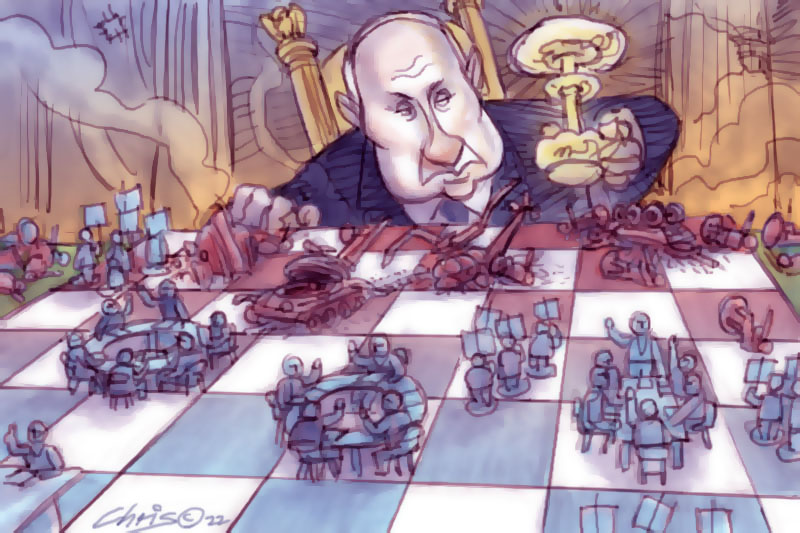
INTERNATIONAL
- John D’Arcy May
- 28 September 2022
3 Comments
What can the pacifist do when confronted with naked tyranny? With Putin’s invasion of Ukraine, pacifists are faced with the dilemma of either helping Ukrainians defend themselves ― and what spirit and courage they have shown, led by their unlikely president ― or letting Putin have his way. If diplomacy stood a chance, it would be the alternative option for pacifists; but does it?
READ MORE 
-
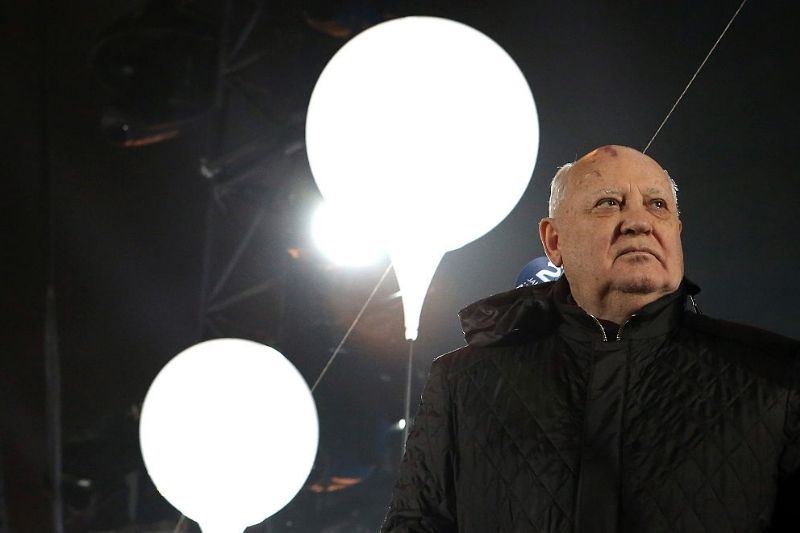
INTERNATIONAL
- Binoy Kampmark
- 08 September 2022
3 Comments
Greatness for the Soviet Union’s last leader, Mikhail Sergeyevich Gorbachev, was not to be found at home. Commentary on his passing is as much a statement of positions, endorsed by admiring beneficiaries, and loathed by those who fell off the train of history. The millions who delighted seeing the collapse of the Soviet Union and, as a result, a power vacuum and weaker Russia, toast him, eyes filled with emotion.
READ MORE 
-

ARTS AND CULTURE
- Michele Frankeni
- 16 August 2022
1 Comment
Headlines in print (newspapers and magazines) have some heavy lifting to do. They need to convey the essence of the story in as few words as possible, be enticing and hopefully be funny, clever or both. In traditional news terms, you should know what the story says from the heading, intro and first paragraph. However, the funny thing about being funny (especially with word play) is you’re assuming your audience knows the same things you do.
READ MORE 
-

ARTS AND CULTURE
- Gillian Bouras
- 29 July 2022
2 Comments
Daniel Mendelsohn lectures in classics at Bard College, a liberal arts institution in New York State. His retired father, aged 81 in 2011, regrets gaps in his own education, and asks to sit in on his son’s course of seminars on Homer’s The Odyssey. Professor Mendelsohn agrees, and Jay Mendelsohn joins a class of 18-19 year-olds. Later, father and son go on a cruise that retraces The Odyssey where they discover: is home a physical place, or something you carry around with you or within you?
READ MORE 
-
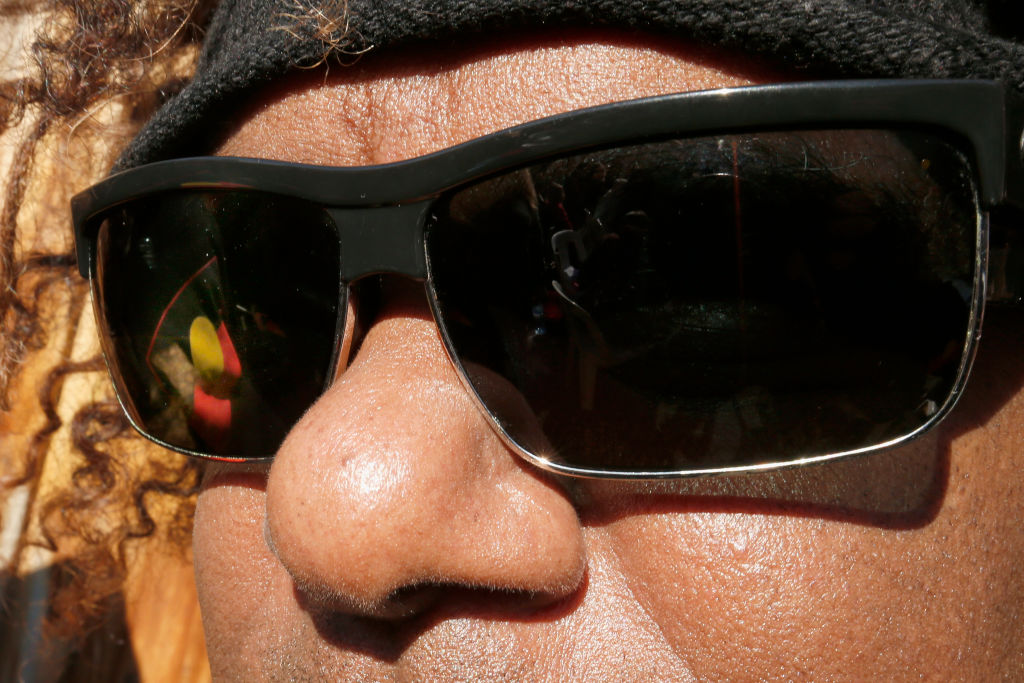
AUSTRALIA
- Andrew Hamilton
- 30 June 2022
11 Comments
If NAIDOC and of the Australian Catholic Church are to achieve their goals time and patience will be required. Yet both show signs of justifiable impatience. This year the theme of NAIDOC Week is Get Up! Stand Up! Show Up! Its tone is urgent, expressing frustration at the resistance to change but also the recognition that new possibilities have opened.
READ MORE 
-
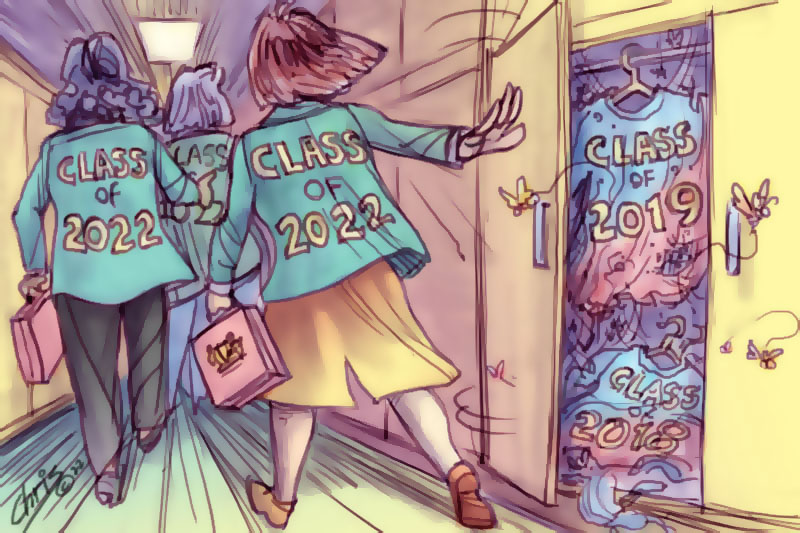
AUSTRALIA
Concern about political malfeasance in Australian politics was one of the issues that drove the influx of new members (mainly women) into the Australian Parliament on 21 May, and they are promising a raft of reforms. The astounding thing is that we managed to leverage the change of 21 May 2022 within the confines of a system that inherently favours the status quo, the preferential voting system tending to channel votes back to the major parties.
READ MORE 
-
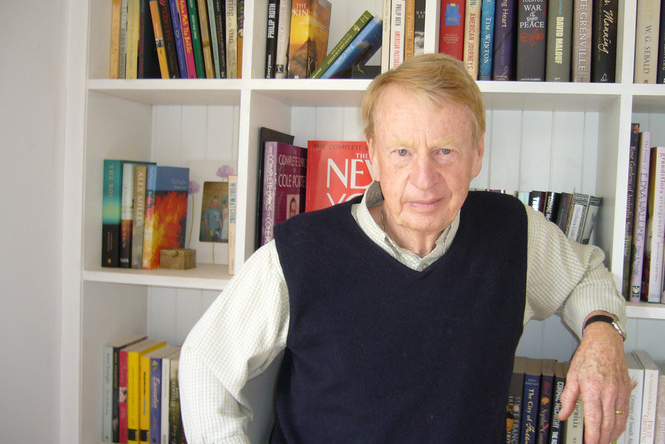
ARTS AND CULTURE
- Brian Matthews
- 09 June 2022
3 Comments
Brian Matthews, academic, award-winning columnist and biographer, and Australia's foremost scholar on Henry Lawson and his mother Louisa, died last Thursday 2 June following complications related to lymphoma, at the age of 86. Brian first wrote for Eureka Street in February, 2002 and continued to contribute his monthly column for 20 years.
READ MORE 
-
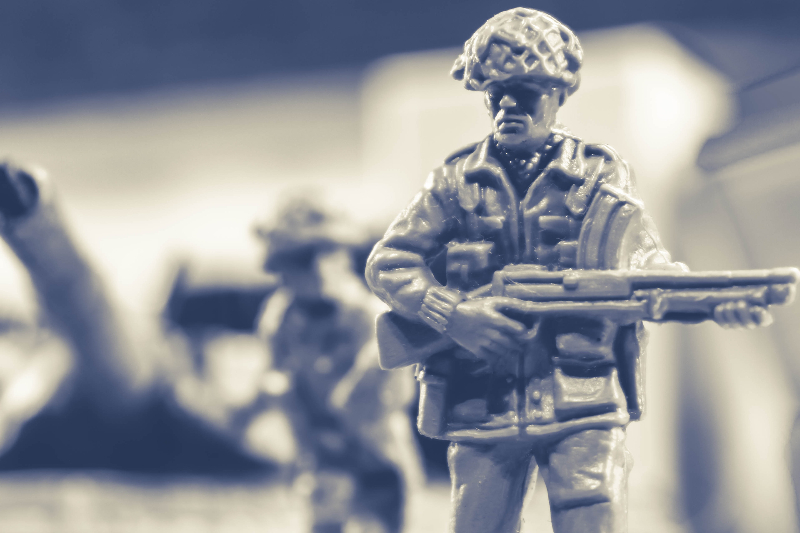
ARTS AND CULTURE
- Brian Matthews
- 09 June 2022
1 Comment
It was Christmas morning of... many years ago. I was about eight years old but, despite my advanced age, I remained a dogged believer in Father Christmas. This belief was maintained in the face of cynicism and derision from the youthful toughs I consorted with and despite my own unspoken qualms in moments of inconvenient rationality.
READ MORE 
-
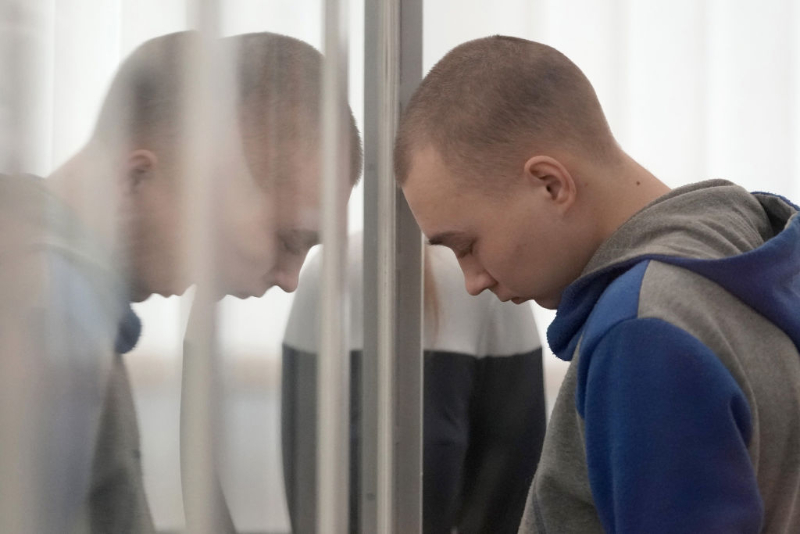
INTERNATIONAL
- Gillian Bouras
- 26 May 2022
14 Comments
In the photo I have just seen Vadim Shishimarin is in the dock, hanging his head. He is 21, but looks about 15 as he stands there in the polycarbonate box, the first Russian soldier to be charged and tried in Ukraine for a war crime. He holds the rank of sergeant and was a tank commander. At 21? (I’m embarrassed to recall how immature I was at 21.) It is likely he has a mother: I wonder how she is feeling right now, but think I can make a good guess.
READ MORE 
-
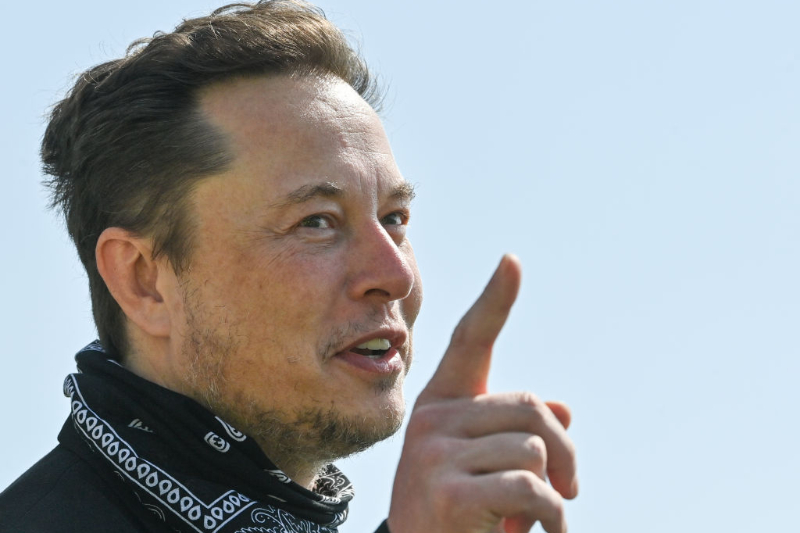
INTERNATIONAL
- David James
- 19 April 2022
2 Comments
Elon Musk’s proposed hostile takeover of Twitter will be a fascinating battle that will have consequences far beyond the stock market. It is exposing just how financially strange social media and conventional media have become.
READ MORE 
-
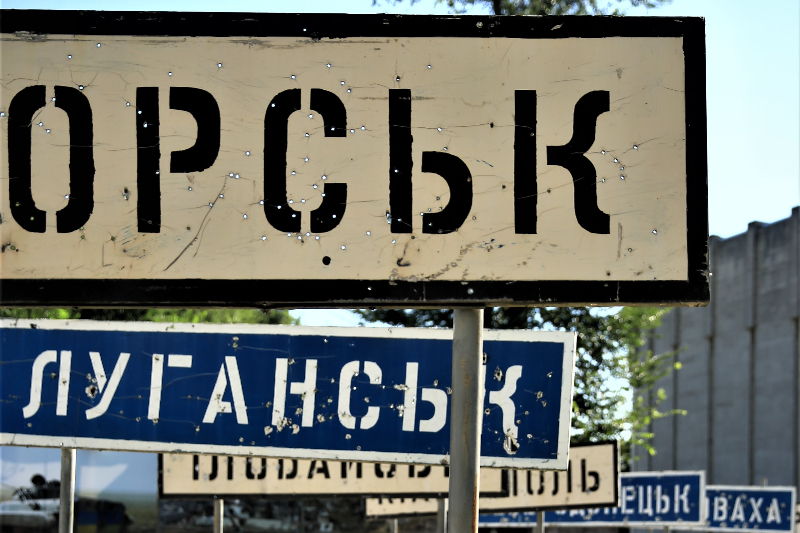
ARTS AND CULTURE
- Catherine Marshall
- 12 April 2022
4 Comments
The country’s most recent conflict — ongoing skirmishes with Russian-backed separatists in Crimea, Luhansk and Donetsk, just 230km east of here — had been memorialised at an open-air exhibition: a latticework of bronze flowers had been superimposed upon an ambulance wrecked in battle; bullet-ridden place names from affected villages were lined up like a column of condemned POWs.
READ MORE 
-
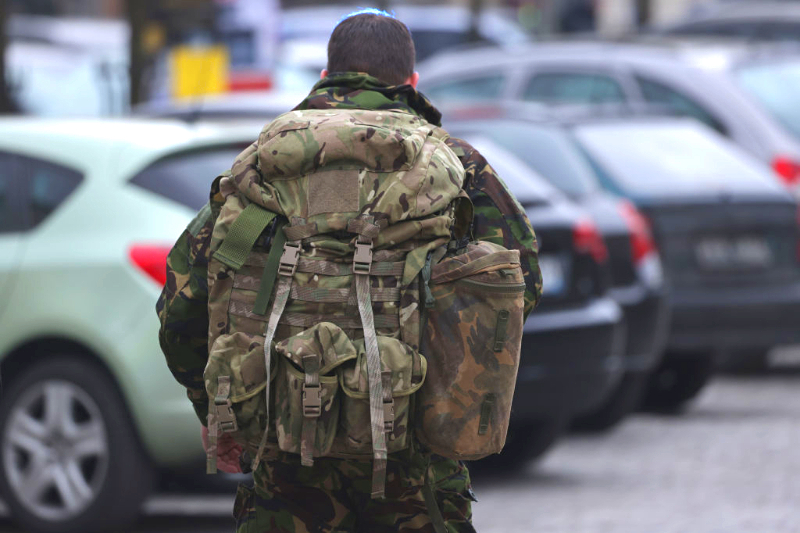
INTERNATIONAL
- Irfan Yusuf
- 12 April 2022
15 Comments
In a space of 40 years, Russia has been our enemy, then our friend and now is an enemy again. Russia is again attacking Ukraine. We are convinced the Ukrainian cause is just. But we also know that we face a domestic far-Right terrorism threat at home. What if young impressionable foreign fighters with little knowledge of Ukrainian history, politics and internal conflicts find themselves fighting with and influenced by anti-Semitic and Islamophobic neo-Nazi groups?
READ MORE 